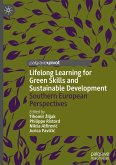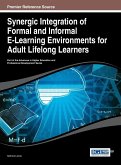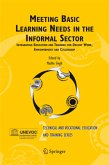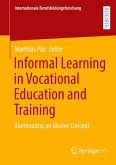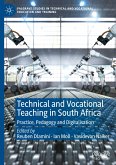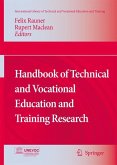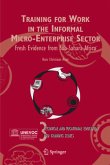This book makes an innovative, sociologically informed contribution to academic and policy discussions about informal work, skills and training for lifelong learning (LLL) and the promise of decent work and just transitions for sustainable development. It does so with an explicit focus on challenges and opportunities as they shape informal economies and the experiences of informal workers in Latin America and the Caribbean, the Middle East and North Africa, Sub-Saharan Africa, Central and Eastern Europe, and the Asia Pacific. The authors highlight historical and contemporary characteristics of informality in different regions from a political economy of LLL perspective. This political economy approach draws on theories of post- and neo- colonialism, space, place and globalisation, critical accounts of curriculum and pedagogy in skills and vocational education and training. The book will appeal to students and scholars of education, particularly adult education and LLL and technical and vocational education and training, as well as sociology, labour economics, and international and sustainable development.
Bitte wählen Sie Ihr Anliegen aus.
Rechnungen
Retourenschein anfordern
Bestellstatus
Storno


